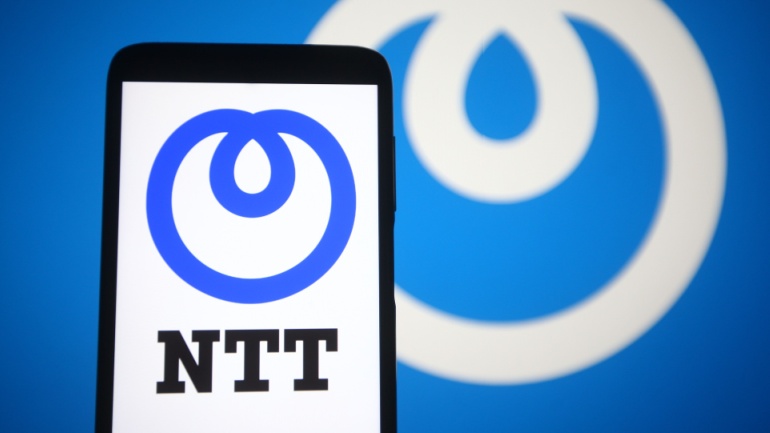Japan’s telecommunications scene shines with impressive achievements toward broad 5G coverage. SoftBank leads in network speeds, clocking at 62.05 Mbps, while Rakuten Mobile excels in 5G speeds with 128.39 Mbps downloads. However, 5G availability varies, with urban centers receiving priority investment. Despite a 98.4% 5G coverage, true 5G usage inconsistencies persist, highlighting the need for strategic rural advancements.
Rakuten has joined the third phase of Japan’s GENIAC initiative to develop generative AI systems. Backed by METI and NEDO, the project supports research into Japanese language models with enhanced memory and personalization, aiming to strengthen domestic AI capabilities and benefit local industries.
Samsung Electronics today announced that the company has been selected by KDDI as a main vendor to provide 4G and 5G O-RAN compliant virtualized Radio Access Network (vRAN) solutions for their Open RAN deployment in Japan. In line with KDDI’s vision to adopt leading-edge network technology, the companies will expand the reach of Open RAN in the coming years. Starting from 2025, KDDI will expand its Open RAN deployment leveraging the advantages of a fully disaggregated and software-based architecture powered by Samsung vRAN. KDDI’s Open RAN network will feature enhanced capabilities for improved energy efficiency, optimized performance and intelligent automation. “KDDI has been focused on identifying and preparing for next-generation networks, and we have been conducting numerous technical verification and feasibility studies on Open RAN with industry-leading companies like Samsung,” said Kazuyuki Yoshimura, Chief Technology Officer of KDDI. “Today’s announcement represents KDDI’s dedication to bringing innovative technologies to Japan. We are proud to deliver a cutting-edge and reliable radio access…
A consortium comprising two Japanese banks, mobile operator NTT DOCOMO, and Space Compass Corporation has committed $100 million to HAPS developer AALTO. This substantial investment aims to support AALTO’s industrial and commercial roadmap, targeting a commercial launch of its services by 2026.
NTT Docomo has initiated Japan’s first experimental demonstration of a self-powered hydropower cellular base station. This project, designed to showcase sustainable and low-cost connectivity solutions for rural areas, features a hydroelectric power-generation system utilizing a jet turbine developed by Professor Yukihiro Shimatani from the Prefectural University of Kumamoto.
A consortium of major Japanese tech companies, including mobile operator NTT DoCoMo, has successfully conducted a trial of 5G communication in the 38 GHz band using a base station positioned 4 km above ground level. This experiment is a critical part of Japan’s initiative to establish high-altitude platform stations (HAPS) for delivering 5G services from the stratosphere.
In a recent development, the Japanese government has passed a significant amendment to longstanding telecom regulations, marking a pivotal moment for NTT, the country’s telecom giant. The amendment, announced by NTT on Wednesday, encompasses several key changes, including the liberation from R&D information sharing obligations and the allowance for non-Japanese directors on its board.
Google’s ambitious $1 billion investment, partnered with NEC, aims to redefine digital connectivity between the United States and Japan through two subsea cables. As part of the Japan Digitization Initiative, these advancements promise not only improved data routes, but also crucial geopolitical advantages.
In an unexpected turn of events, Google’s Pixel smartphones are carving out a significant niche for themselves in Japan, a market traditionally dominated by local brands and, more recently, by Apple. Despite a general downturn in the Japanese mobile phone sector, Google has emerged as a notable exception, with its Pixel range securing a market share surpassing 10% by the end of the fourth quarter of 2023. This growth positions Google as the third-largest player in the market, right behind Sharp but ahead of several traditional and long-standing competitors.
Japan’s largest telecom provider, NTT, might get a break from longstanding regulations that have created competitive boundaries since its partial privatization back in the 1980s. But will this veer the industry off the road to a fair market environment? The proposed changes face major resistance, with critics highlighting the impact on national interests and the security of Japan’s telecom infrastructure.













